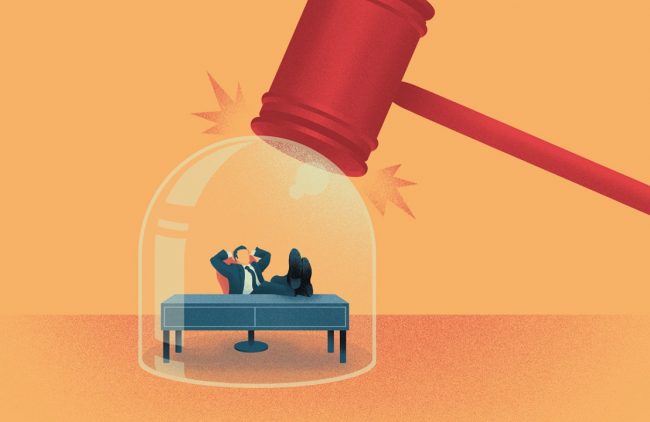Espacio dedicado para la tecnología de la información
After all the support and collective shame for the Ukrainian people, Poland, Hungary, and Slovakia banned some Ukrainian food imports. The governments in all three countries are under pressure from farmers, who claim that cheaper Ukrainian surpluses undercut their bottom line. During the COVID-19 pandemic, people began hoarding essential supplies like toilet paper and hand…
One of my favorite stories of Jorge Luis Borges is “Library of Babel.” The library contains all the books that have ever been written, but also all the books which were never written, books that are wrong, books that are nonsense. Everything that matters is there, but it cannot be found because of everything else;…
One of the main misconceptions heard in many transformations is to argue about passing from doing projects to doing products. That makes no sense at all. It’s like having the dream to be the best football club without a plan to hire players. Imagine that we want to help to create a lemonade stand. Product…
One of the primary source in which we can learn a lot about change management and its come and goes is the French Revolution time. Some wise men from that time probably argue that the change doesn’t change anything; the result always ends up in the opposite direction, and the total costs are simply unacceptable.…
In an era defined by data-driven decision-making, financial institutions are increasingly turning to advanced analytics to tackle one of their most pressing challenges: loan default prediction.
In the illusion of the European summer, where people find themselves, with determined spite and melancholic post-pandemic nostalgia, enjoying everything and at the cost of everything, winter promises 40-knot winds and 9-meter waves. Things are looking bad: the crisis dragged on from the pandemic, the war in Ukraine, the energy crisis, and the already certain…
Afirmar que la gente se va por dinero de sus compañías viola profundamente la arraigada creencia de que los seres humanos somos una especie fundamentalmente cooperativa. La respuesta es mucho más simple.
Muchas compañías durante la pandemia no han tenido la suerte de las Big-Techs y han tenido que apretarse los cinturones. En ese escenario, en donde hay contención de presupuestos y se congelan los salarios, la pérdida de talento es inevitable, pero también necesaria.
Cuando escribí el libro ignoraba por completo que un año después el mundo sufriría una pandemia que, además de dejar vidas y negocios por el camino, cambiaría las reglas de juego del mundo tal como lo conocíamos. Pero en esencia, el mensaje del libro se preserva intacto: necesitamos un nuevo estilo de liderazgo que sea…
El mundo que encontraremos después de la pandemia será menos global, más digital y menos igualitario. En todos los ámbitos. El liderazgo liberal tiene una gran oportunidad de hacer frente a todos estos retos.
El 85% de los empleos que tendrán éxito en 2030 aún no existen. Pasar a un nuevo esquema de competencias y perfiles generalistas no tiene por qué ser una mala noticia. Pero debe venir acompañado de cambios estructurales profundos y difíciles que puedan aportar un sentido social completo.
La crisis del COVID-19 parece haber mejorado la confianza en los líderes políticos y empresariales. Pero es un espejismo. Hay una forma muy simple de explicar los porqués remontándonos a 1960 y recordando las lecciones del famoso Test de Marshmallow.












